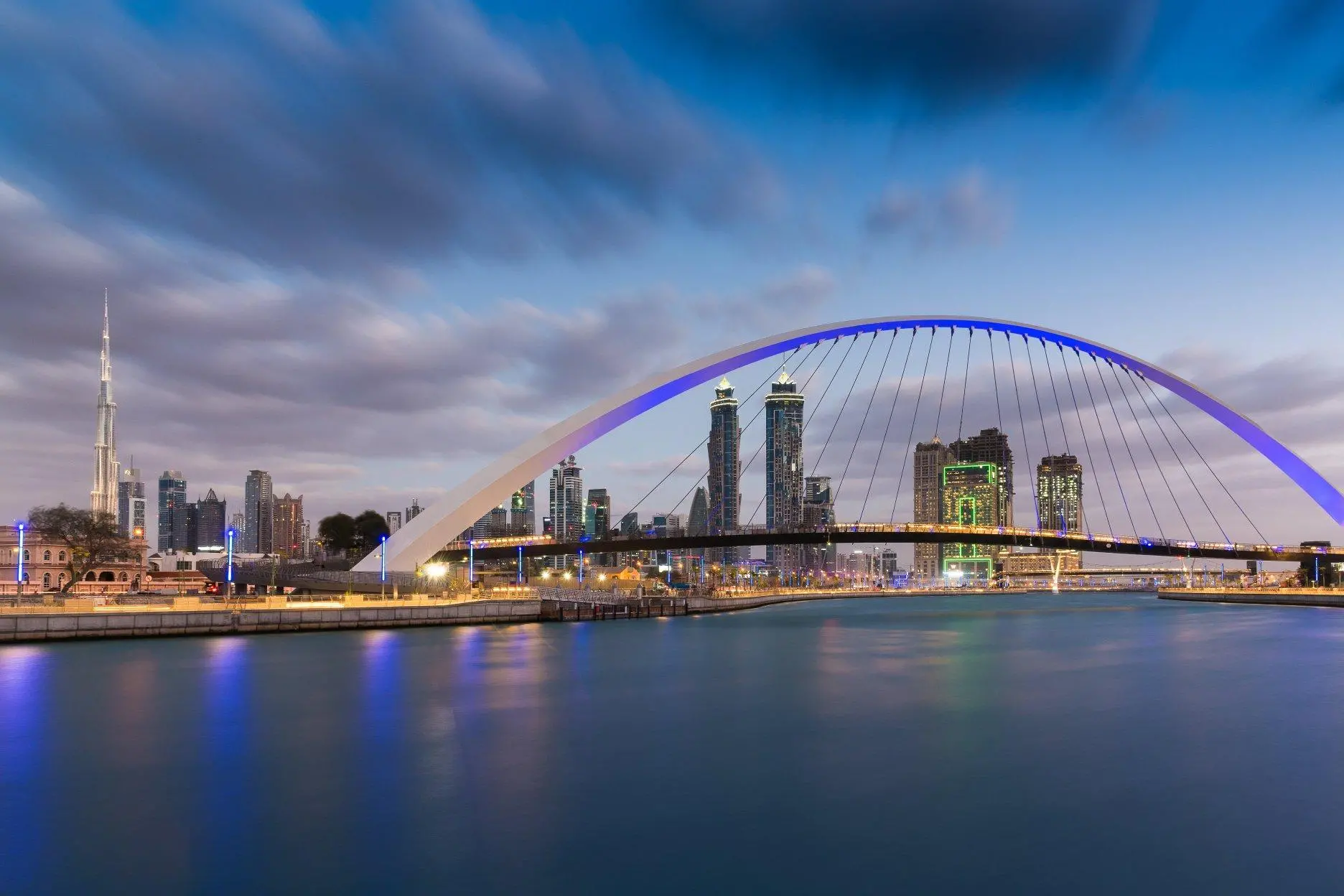PHOTO
The UAE’s travel and tourism sector could bounce back “more strongly” than expected, Bank of America (BofA) said in its latest analysis.
Though foreign direct investments (FDI) could increase in 2021, banks in the UAE aren’t likely to see a remarkable improvement, with revenues and net income expected to remain “broadly flat”, it said.
Economies around the world suffered the worst crisis since the Great Recession after the pandemic broke out last year. Many businesses that live on revenues from visitor traffic suffered the worst impact. Although there have been some pockets of improvement since the re-opening of borders and easing of COVID-19 restrictions worldwide, the effects of the outbreak are still being felt.
Given the persistence of risk factors, market expectations remain tepid, according to BofA. The International Monetary Fund (IMF) has forecast the UAE’s gross domestic product (GDP) to grow at just 1.3 percent this year, following a 6.6 contraction in 2020.
On a positive note, the hosting of the World Expo in Dubai later this year, coupled with the rollout of multiple, highly effective vaccines, could bring some much-needed boost to some businesses, particularly those in the travel and tourism sector.
“We believe the vaccine provides a realistic chance that the travel and tourism sector, including attendance at the Expo, and trade could rebound more strongly than currently anticipated,” BofA said.
Positive changes
The recent announcement that foreigners can fully own their businesses in the country, along with other positive measures, such as allowing unmarried couples to share the same accommodation, the easing of rules on the sale of alcohol, granting of 10-year and retirement visas, and the normalisation of relations between the UAE and Israel, could also fuel more foreign investments.
These changes, despite a cautious backdrop, could also provide “material upside risks” to banks’ earnings via a more optimistic economic outlook, stronger loan growth and lower provisioning.
“While margin compression is expected to abate [in the banking sector], there is little scope for expansion as Fed rates are set to remain near 0 percent,” said the bank.
“Loan growth is expected to reach mid to low single digits and provisioning to remain elevated… As such, we expect aggregate banking revenues and net income to remain broadly flat year-on-year in 2021, despite some consolidation in the sector,” BofA said.
Risks
The bank said there are risks revolving around geo-politics and strength of oil price rebound as well. It cited that the Iranian elections “could spur the country to take a more hard line attitude” towards relations with Gulf states, a less pronounced recovery in oil demand, which could negatively impact oil prices and the UAE growth outlook.
The UAE central bank said in its latest report that economic activity in the country “partially recovered” in the third quarter of 2020, although the rebound “remained fragile”.
The central bank projected the UAE’s real total GDP growth to decline by 6 percent for 2020 before growing by 2.5 percent this year.
(Writing by Cleofe Maceda; editing by Seban Scaria)
Disclaimer: This article is provided for informational purposes only. The content does not provide tax, legal or investment advice or opinion regarding the suitability, value or profitability of any particular security, portfolio or investment strategy. Read our full disclaimer policy here.
© ZAWYA 2021




















